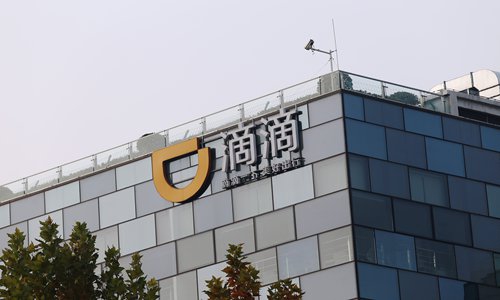

Most Americans could see this - public sentiment turned sharply negative, with three quarters of people expressing an unfavorable view of China in recent surveys. “Anyone who tries to do so shall be battered and bloodied from colliding with a great wall of steel forged by more than 1.4 billion Chinese people using flesh and blood.” This is language the like of which we haven’t heard from a Chinese leader since Mao Zedong. Arms race? Check.Ī classic expression of the cold war atmosphere was provided on July 1 by Xi’s speech to mark the centenary of the Chinese Communist Party: The Chinese people “will never allow any foreign force to bully, oppress, or enslave us,” he told a large crowd in Beijing’s Tiananmen Square. Rewriting history? Check, as the new Chinese Academy of History ensures that the party’s official narrative appears everywhere from textbooks to museums to social media. Geopolitical rivalry? Check, as China brazenly built airbases and other military infrastructure in the South China Sea. in strategic areas such as artificial intelligence.

A technological race? Check, as China systematically purloined intellectual property to challenge the U.S. Economic competition? Check, as China’s high growth rate continued to narrow the gap between Chinese and U.S. Ideological division? Check, as Xi Jinping explicitly prohibited Western ideas in Chinese education and reasserted the relevance of Marxism-Leninism. and China were butting heads over so many issues that cold war began to look like a relatively good outcome, if the most likely alternative was hot war. But I think Cold War II was already underway - at least as far as the Chinese leader Xi Jinping was concerned - even before former President Donald Trump started imposing tariffs on Chinese imports in 2018. Unlike with a “hot” war, it is hard to say exactly when a cold war breaks out. (I never expected the relationship to last, which was why I and my co-author Moritz Schularick came up with the word: Chimerica was a pun on “chimera.”) At some point after that, as I have argued in Bloomberg Opinion previously, Cold War II began. The facts change, but people’s minds - not so much.Ĭhimerica was the dominant feature of the global economic landscape from China’s accession to the World Trade Organization in 2001 to the global financial crisis that began in 2008.

The experience has taught me how hard it can be for an author to kill one of his own ideas and replace it with a new one. Wait, you’re saying that investing in the other side in the early phase of Cold War II might have been a bad idea? You’re telling me that “long totalitarianism” was not a smart trade?įor the past three years, I have been trying to persuade anyone who would listen that “Chimerica” - the symbiotic economic relationship between the People’s Republic of China and the United States of America, which I first wrote about in 2007 - is dead. Everything China touches must be viewed with suspicion.” For Hong Kong, the One Country, Two Systems principle was “dead.” As for the crackdown on some of the nation’s tech giants, the Beijing government’s treatment of Alibaba “is not a one-off. “Investors have to rethink the entire China structure,” David Kotok of Cumberland Advisers said last week.


 0 kommentar(er)
0 kommentar(er)
